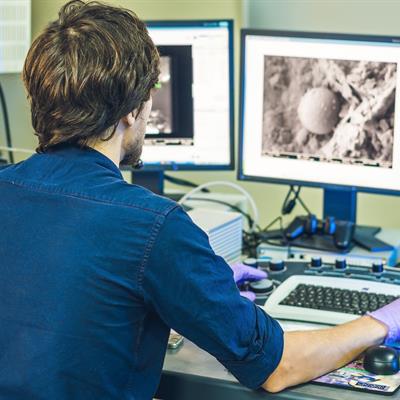December 19, 2022 -- Trinity College scientists have discovered that a key immune alarm protein, previously believed to calm the immune response, actually does the opposite. The study, published December 16 in the journal Science Immunology, advances the understanding of autoimmune disorders and how inflammation is regulated.
The immune system serves a vital function. However, overly aggressive immune responses can lead to the damaging inflammation found in conditions including rheumatoid arthritis and psoriasis. In response to bacterial and fungal infection or injury, the body produces "alarm proteins" called interleukins, which switch on various immune system components that trigger inflammation.
The researchers found that the alarm protein Interleukin-37 functions as an immune-activating molecule with potent pro-inflammatory activity, contradicting previous studies suggesting it served as an immune system suppressant. The protein is one of four that bind to an interleukin skin receptor that plays a key role in driving psoriasis. The researchers hypothesize that one alarm protein may be insufficient to respond to the many infectious agents encountered by the skin -- the immune system's first line of defense.
Interleukin-37 and other alarm proteins may have evolved to enable the body to detect different types of infection by becoming activated by enzymes distinct to each infectious agent. The researchers hope that a better understanding of how and when alarm proteins are produced and how they activate the immune system will continue to advance the treatment of immune disorders.
"Interleukin-37 has long remained an enigma, as it isn't found in mammals such as mice," noted Trinity College genetics professor and co-author Seamus Martin, in a statement. "This pro-inflammatory impact was highly unexpected."
Copyright © 2022 scienceboard.net












